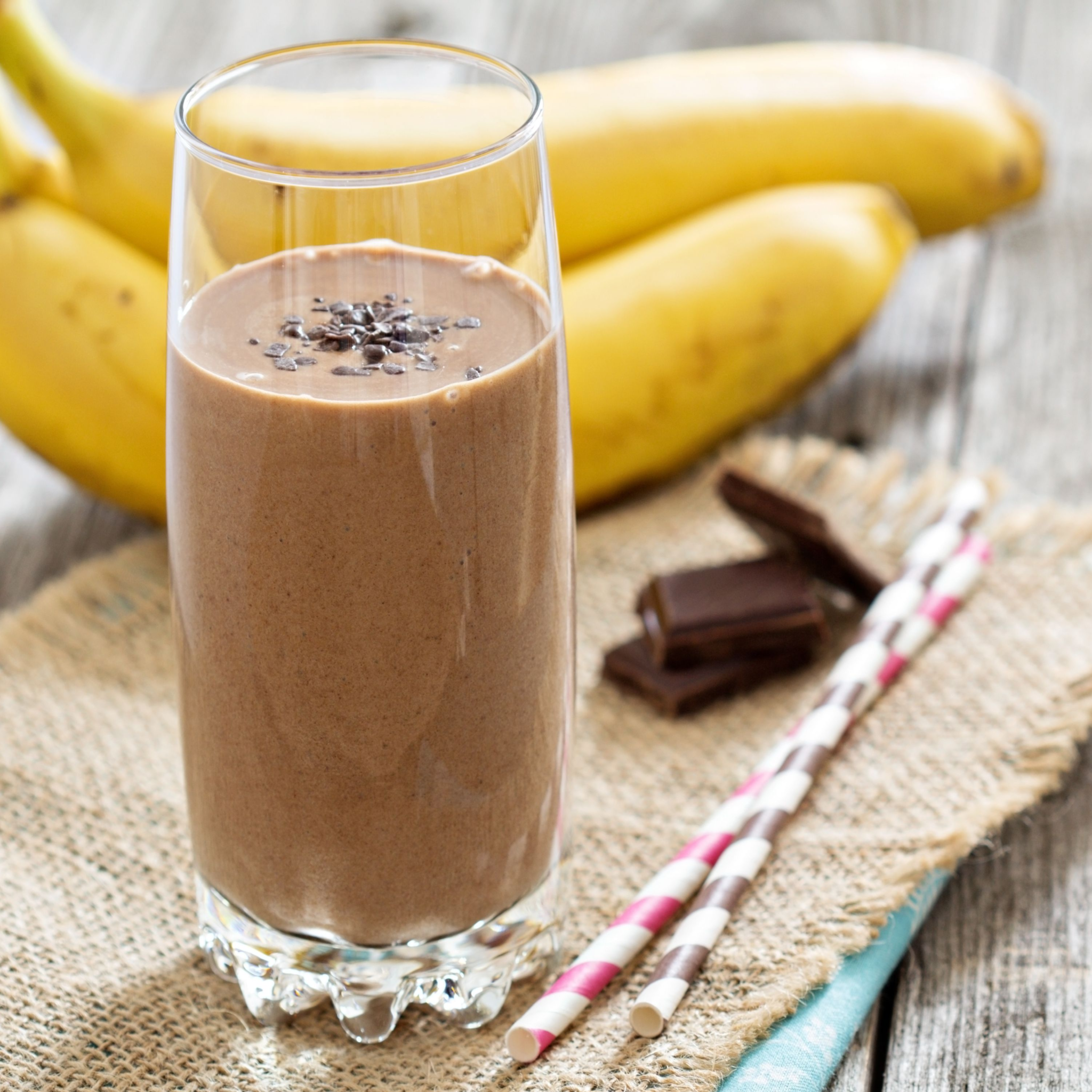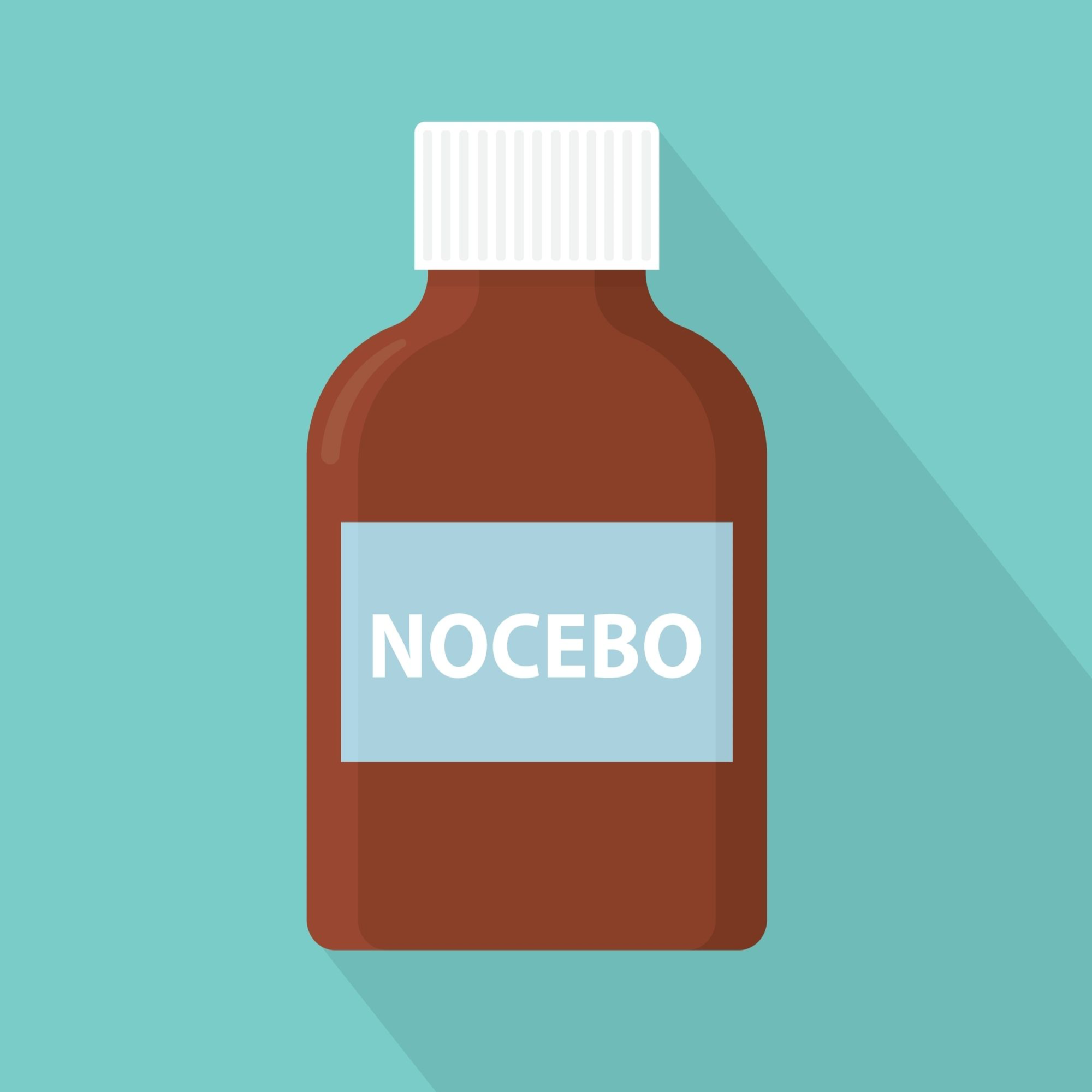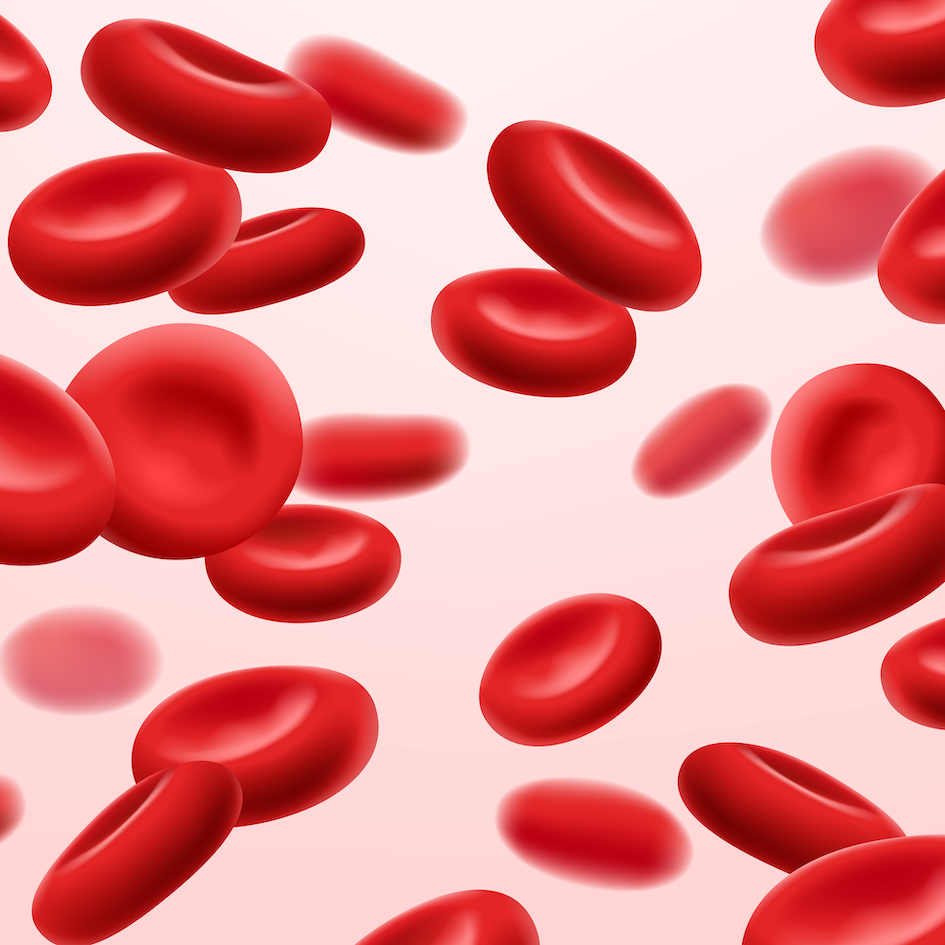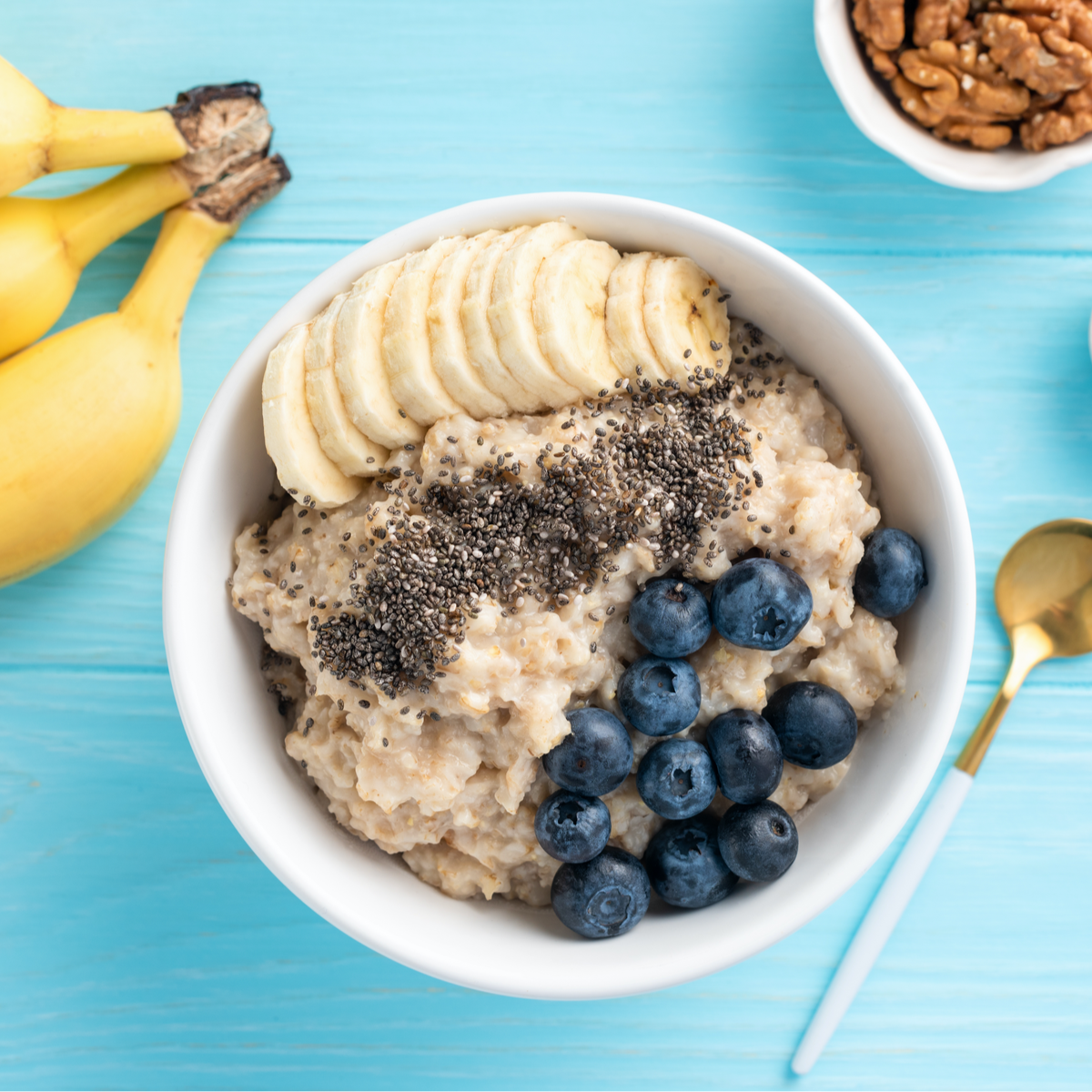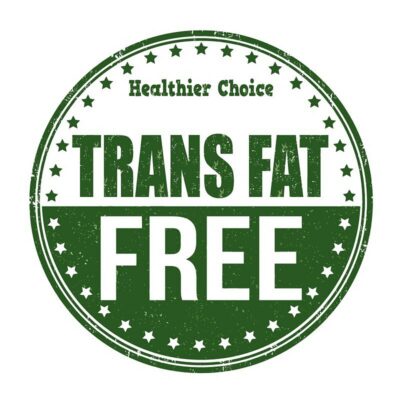
Which fats are the worst for your health? The answer is simple: industrial trans fats.
Trans fats are a type of unsaturated fat that contains a carbon-carbon double bond in a specific configuration, called “trans”.
Industrial trans fats are made from unsaturated vegetable oils (with “cis” double bonds) by adding hydrogen atoms, in a process called hydrogenation. The final product is a partially hydrogenated vegetable oils or PHO.
Industrial trans fats are more solid and stable than the natural unsaturated fats from which they are derived. These features make them attractive for food manufacturers but harmful to your body.
How bad are they?
The answer depends on what you would be eating otherwise, and on the dose. Estimates range from 20-30% greater risk of death from heart disease depending on what you would otherwise be eating, at a dosage of 4 grams per day (~2% of calories).
How much is too much?
Health authorities suggest a limit of 2 grams of trans fats per day, or 1% of calories. It’s likely that lower is better, though it’s unclear how much we will benefit to expect.
Are trans fats still legal?
Before we discovered the harms of trans fats (in the 1990s), many of us were doubling or tripling the safe limit (or more!). New health regulations prompted manufacturing and labeling changes, such that slowly but surely, trans fats are no longer a global epidemic.
Canada: Trans fats (PHOs) are no longer allowed to be used in Canada as of Sept 2018.
United States: In 2015, the FDA deemed partially hydrogenated oils (PHOs) unsafe. Companies have until January 2020 to comply.
Europe: In April 2019, Europe set a legal limit on added trans fat content to 2% of total fats. Retailers have until 2021 to comply. Some countries have already banned them.
How to avoid industrial trans fats.
The simplest way to avoid trans fats is to avoid fast foods and store-bought processed foods.
If you live an unregulated country, scour food labels for “hydrogenated” or “partially hydrogenated” oils and hone in on Trans Fats in the Nutritional Facts. Note that levels under 0.5 grams will be rounded down to 0.
Stay tuned for more on the naturally occurring trans fats in dairy and some meats (from ruminants) called rTFAs or ruminant Trans Fats.
Learn More:
Harvard School of Public Health
https://www.hsph.harvard.edu/…/fats…/types-of-fat/transfats/
American Heart Association
https://www.heart.org/…/healthy-ea…/eat-smart/fats/trans-fat
CDC
https://www.cdc.gov/nutrition/downloads/trans_fat_final.pdf
Trans fatty acids linked to myocardial infarction and stroke: What is the evidence?
https://www.sciencedirect.com/…/a…/abs/pii/S1050173818302111


